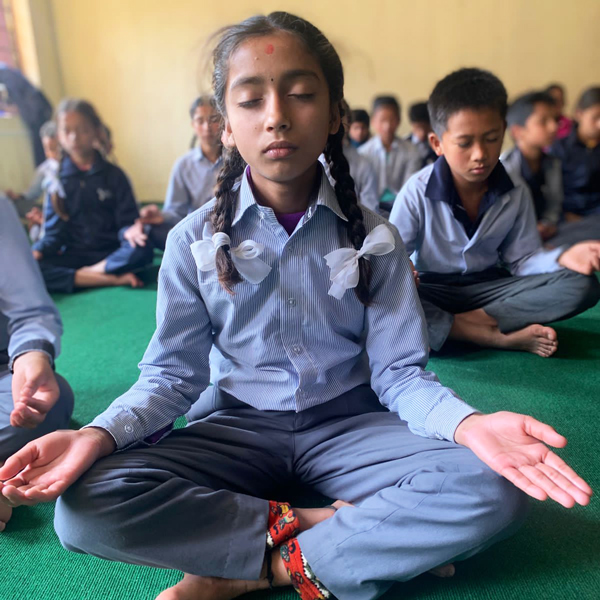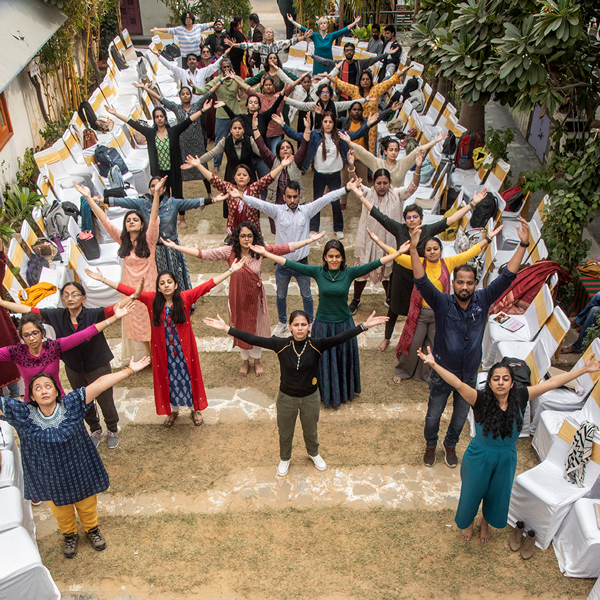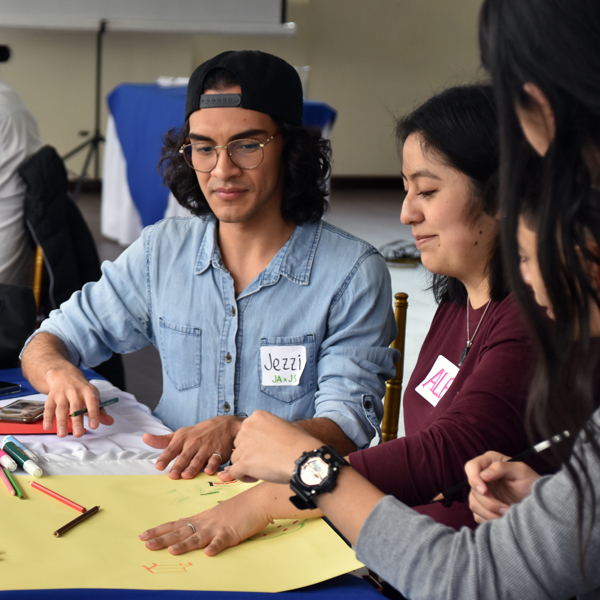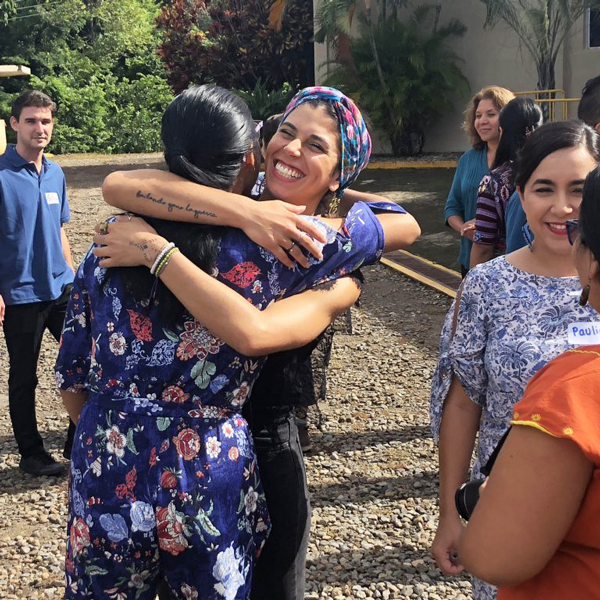Editor’s note: This blog post is also available in Spanish.
Organizational wellbeing is increasingly recognized as fundamental within the philanthropic sector. In this blog post, GFC’s Rodrigo Barraza shares three simple but effective practices to promote organizational wellbeing.
Organizational wellbeing can be understood in many ways. For some, it means the opening of spaces of enjoyment that allow a disconnection from everyday stress. For others, it involves creating emotional support groups that build resilience and mutual support.
Despite the differing views and approaches toward organizational wellbeing, one thing is undeniable: in this time of crises, job insecurity, and the criminalization of human rights defenders at a global level, the active promotion of wellbeing must be a continuous, sustainable, and collective task.
This change is already underway in the philanthropic sector. More and more donors are making explicit commitments toward organizational wellbeing. In the quest to shift the power from funders to grantees, multiple strategies and initiatives that place care at the center of social change are being implemented.
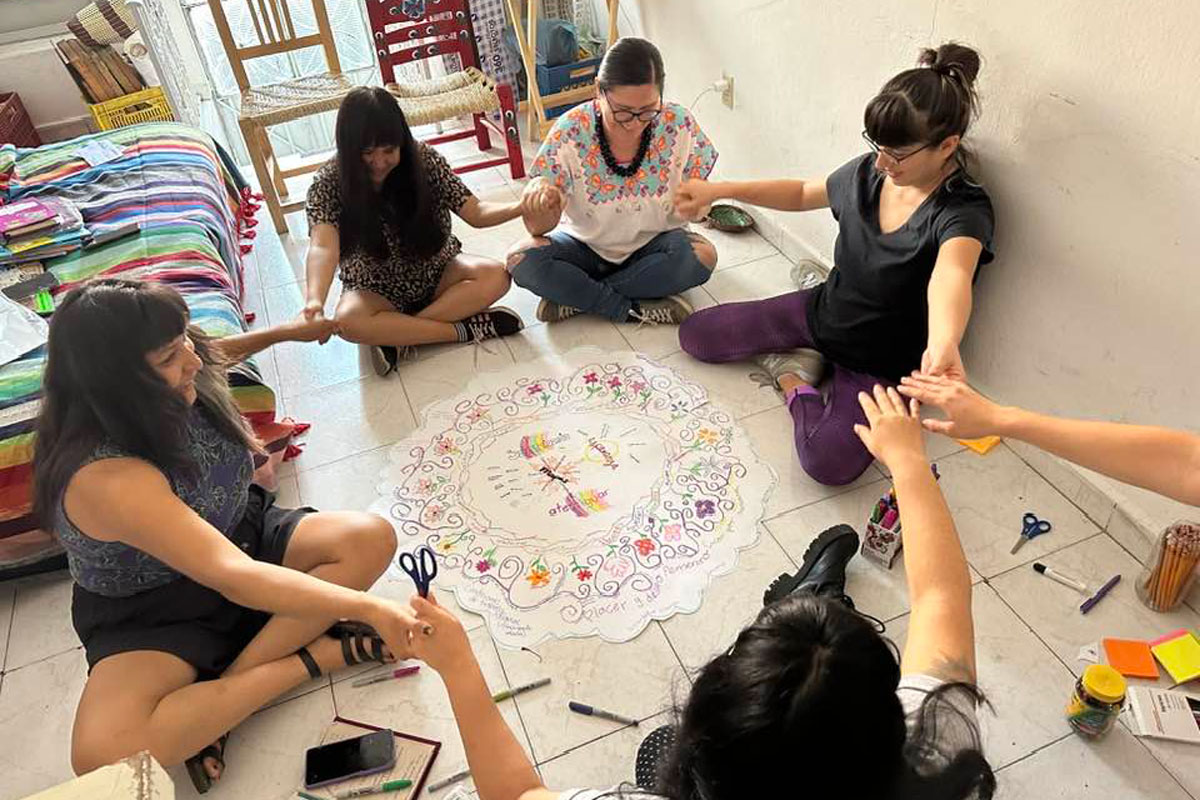
While acknowledging important progress, a vital question remains: How do we translate these efforts, these good intentions, into concrete, collaborative practices with meaningful impact?
The answers to this question will always depend on specific contexts and cultural frameworks. However, at GFC we have begun to identify good practices that, although they may seem quite simple, have allowed us to continue reflecting and co-creating strategies to promote wellbeing together with our partner organizations.
1.Dare to take risks
Promoting organizational wellbeing involves risks that, as donors, we need to be willing to take. In this shared commitment to social transformation, making mistakes is essential for growth and learning.
Adopting flexibility as a value and guide in our work has allowed us to support our partners organically, without causing overload or fatigue. This flexibility includes flexible funds, flexible processes, and flexible reports that allow us to center humanity in our relationships, start from trust and mutual learning, and strengthen resilience and adaptability.
The first step to wellbeing is respect. We do not seek to impose agendas or propose artificial interventions that reinforce unequal power relations. We want to learn and walk together with our partners. We want to support people and processes for social change, not limited projects with goals created from a desk.
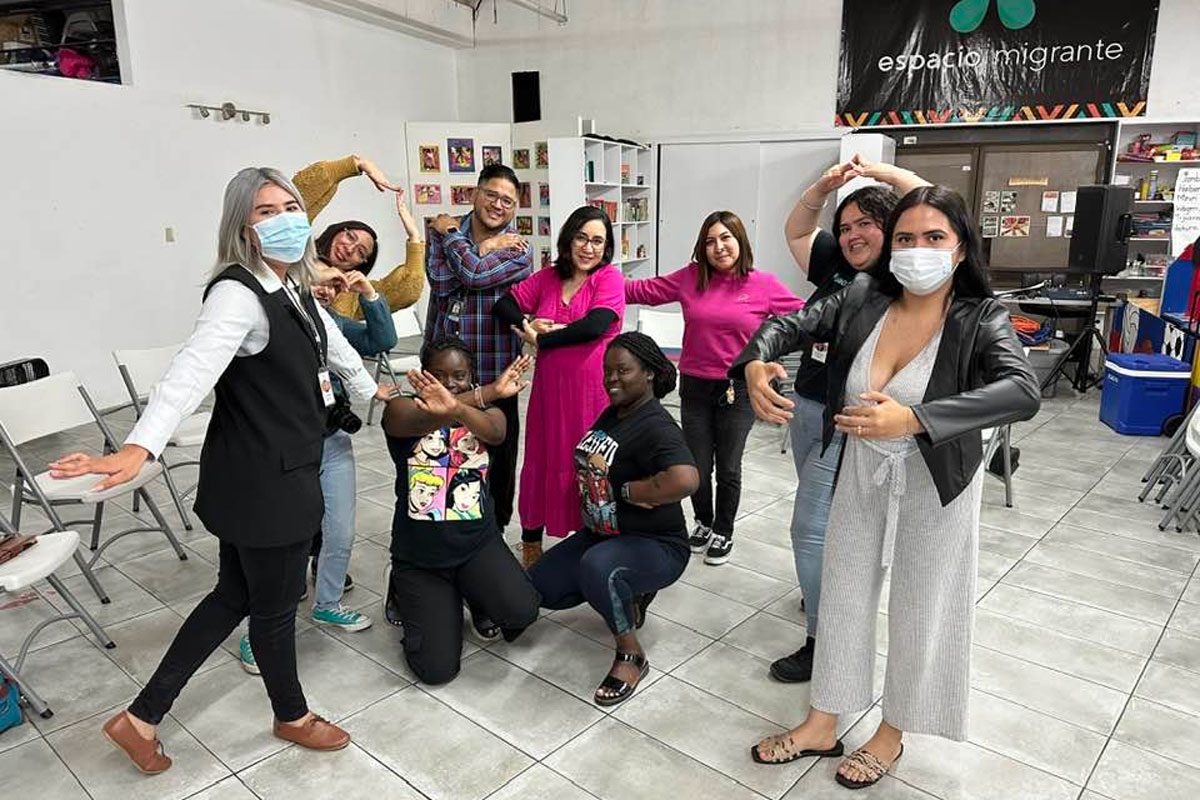
2. Build breathing spaces
At GFC, our flexible support model is always combined with capacity development assistance. However, our role goes beyond simple technical consultancy.
Always responding to the specific needs and proposals of our partners, we provide advice to strengthen their monitoring and evaluation mechanisms; identify new strategies, programs, and interventions; and expand their collaborative networks. At the same time, we have developed participatory self-assessment methodologies and tools that organizations can use to create and implement organizational development and wellbeing plans in the short and medium terms.
Our capacity development approaches do not start from limitations or deficiencies, but from possibilities and strengths. Our methodology is not to do more and more activities, but to better understand the value of our partners’ work. It is not to meet goals and requirements, but to build community.
This is precisely what our partners have called “breathing spaces.” Spaces to plan not from urgency but from love and care. To think about how to be better. To move from resistance to action.
In the words of Ximena Ortiz, Co-Director of GFC partner Otros Dreams en Acción (ODA):
“GFC’s commitment to creating caring relationships has led us to feel accompanied and listened to. It has given new meaning and strengthened the importance of building trust in relationships with our donors. For ODA, these spaces have represented moments of pause, moments of reflection, and have allowed us to look at ourselves, take care of ourselves, and continue.”
After seven years of working at GFC, I am still moved by constantly hearing that this is precisely what our partners value most about us: our commitment to wellbeing, understood as a set of daily practices, organizational values, methodologies, and support models oriented to the re-humanization of relationships, the reconstruction of the community fabric, and the path of social transformation.
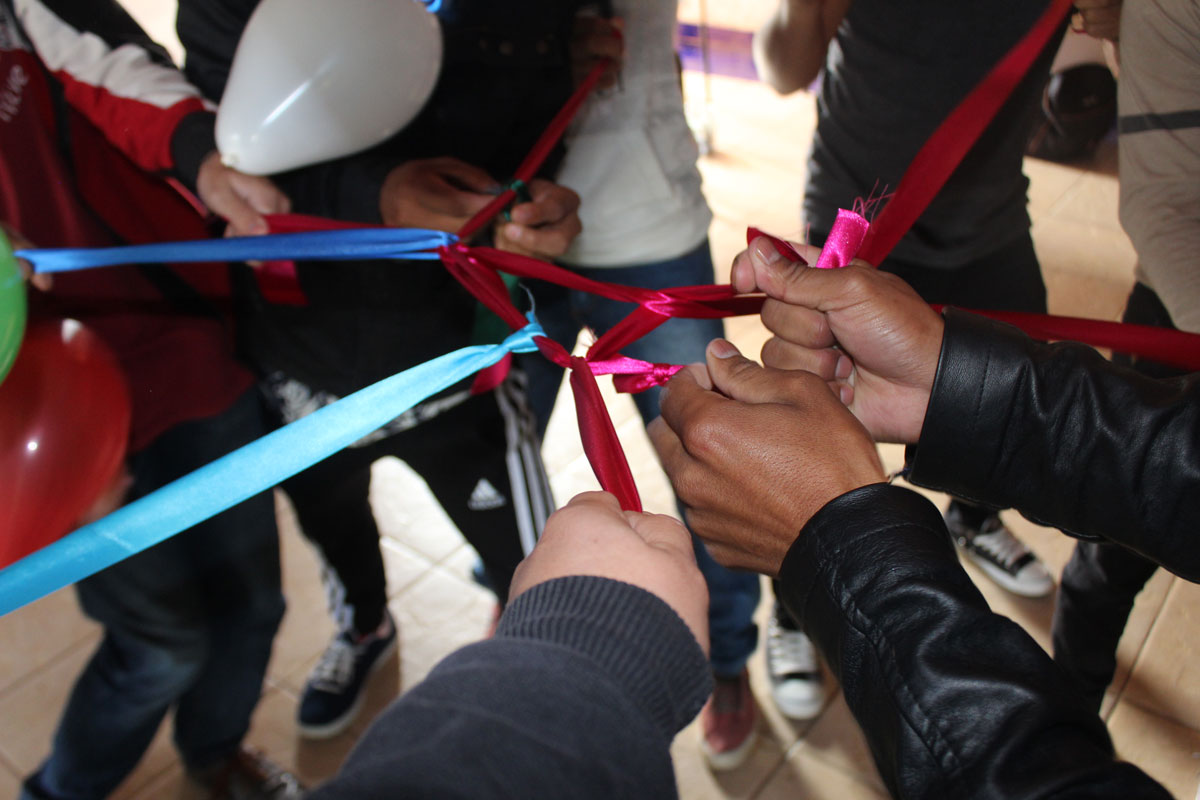
3. Have fun!
Play and enjoyment are essential for wellbeing. They allow us to connect with others, try out other realities, and find magic in everyday life.
Enjoying and playing does not mean ignoring pain and injustice. On the contrary, by defending our right to play, even in the midst of difficult circumstances, we can remember every day that wellbeing is not asked for, nor is it granted: it is built collectively.
Play and enjoyment are present in all the interaction and planning spaces GFC offers to its partners. Not only as energizers or icebreakers, but as a cross-cutting component that encourages dialogue and collective action. By playing, we can imagine and create new realities, and we can democratize wellbeing.
Promoting the individual and organizational wellbeing of our partners forces us to adopt radical positions, to try and fail, to confront traditional models, and to make difficult decisions. It always fills us with new challenges and new questions.
It is not an easy path, but at GFC we are happy to keep trying.
Header photo: One of the activities at a Mapping Organizational Impact workshop with GFC partner Colectiva MAPAS in Michoacan, Mexico. © GFC
